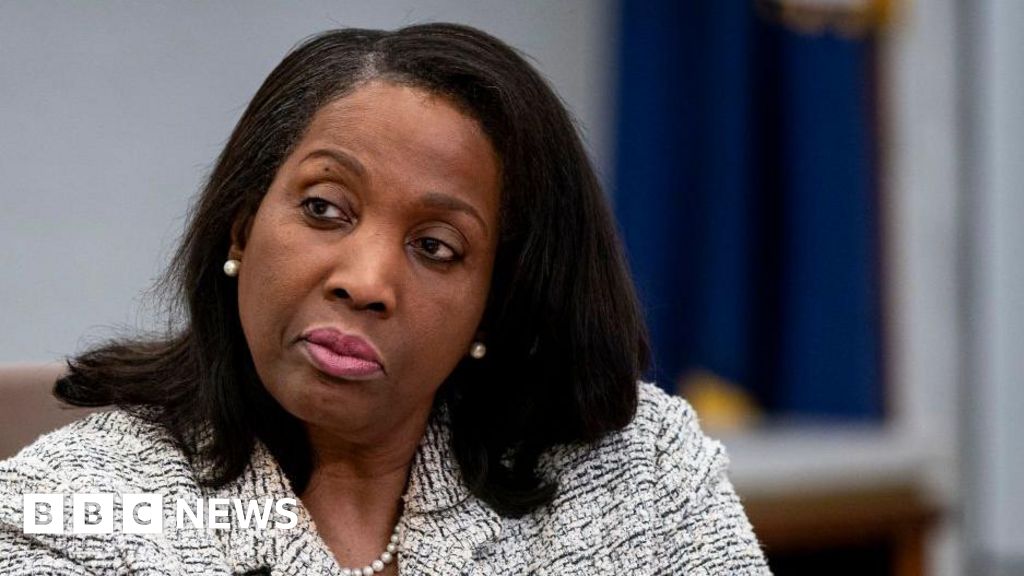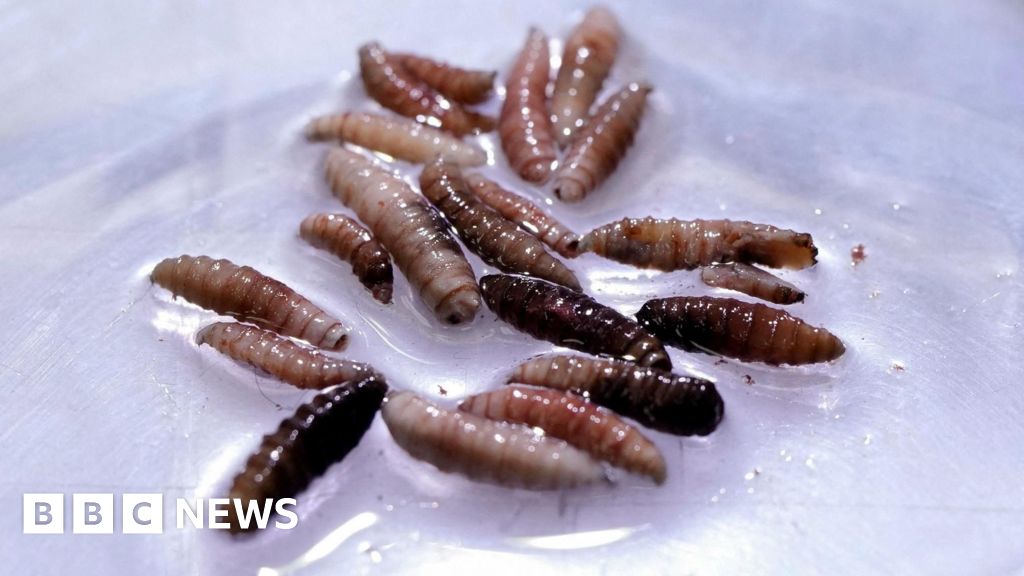In fiery Senate testimony this week, US Health Secretary Robert Kennedy Jr once again set his sights on the nation's top public health agency, the Centers for Disease Control and Prevention (CDC).
His appearance came days after he suddenly fired the new CDC director, Susan Monarez, provoking a group of senior staffers to resign in protest.
At the hearing, when asked for an explanation, Kennedy claimed he had asked Ms Monarez if she was a trustworthy person and she had replied no, to some disbelief from his opponents in the room.
He then admitted he had once described the CDC as the most corrupt agency in government, and strongly hinted he's not finished with his plans to shake up the organisation.
Kennedy's words have sparked a furious backlash, with many doctors and scientists increasingly concerned that America's public health systems are being dangerously compromised.
It's a conflict that could have a significant impact not just on health policy in the US but across the world. In the past the CDC has been instrumental in global health, leading the response to crises from famine to HIV to Ebola.
Founded in 1946, the CDC tracks emerging infectious diseases like Covid and also tackles long-term or chronic conditions such as heart disease and cancer.
It operates more than 200 specialised laboratories and employs 13,000 people, although that number has been cut by around 2,000 since President Donald Trump returned to office.
The agency does not approve or licence vaccines; that responsibility lies with the Food and Drug Administration. However, it produces official recommendations on vaccine protocols through expert panels and monitors side effects.
Kennedy's record on vaccines worried public health experts when he took office in February. His former activist group, Children's Health Defense, continuously questioned vaccine safety and efficacy.
Years of scientific data have debunked claims linking vaccination to rising autism rates, yet Kennedy has described the Covid jab as the most deadly in history. This strained his relationship with the CDC from the onset.
In his Senate testimony, Kennedy accused Ms Monarez of lying about her dismissal, which led to fresh resignations at the agency, with the CDC losing top officials in the wake of Monarez's firing.
Potential repercussions for global health may emerge soon with an upcoming advisory committee meeting scheduled for September 18, focused on Covid vaccines and other shots. How Kennedy and the CDC manage these recommendations will be crucial for both American and global health safety.



















